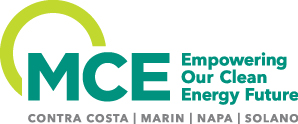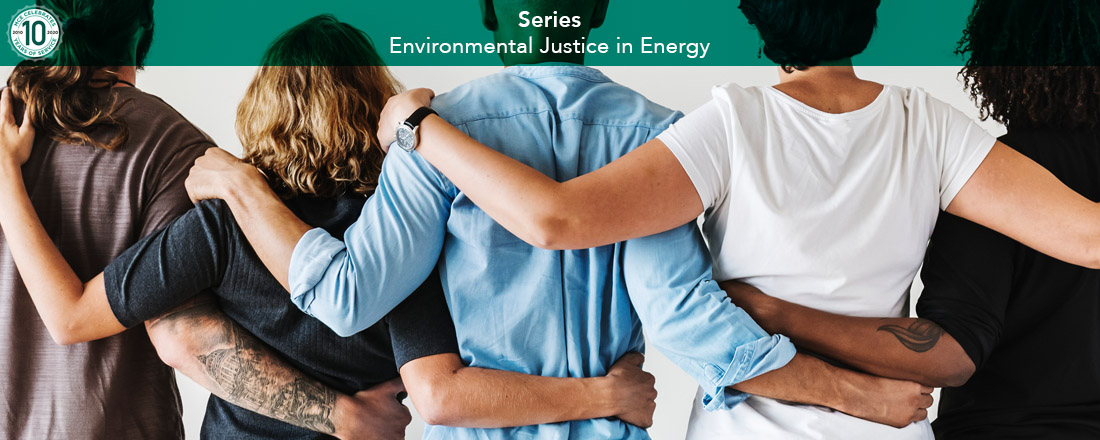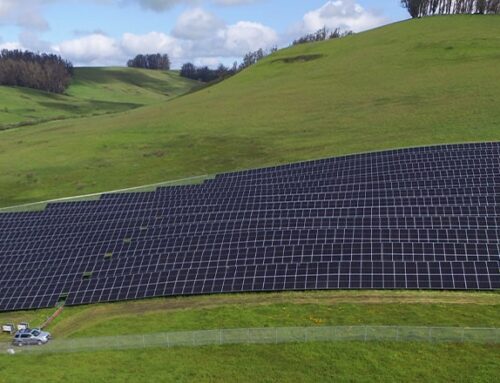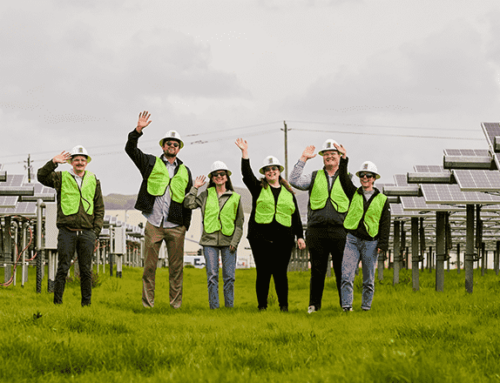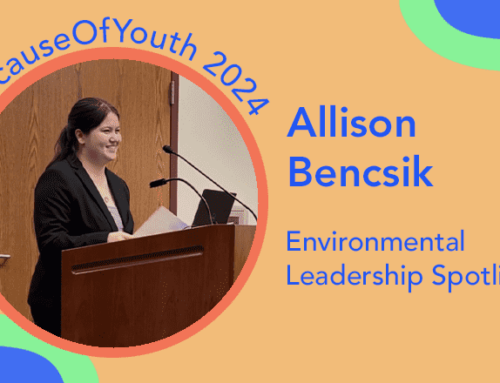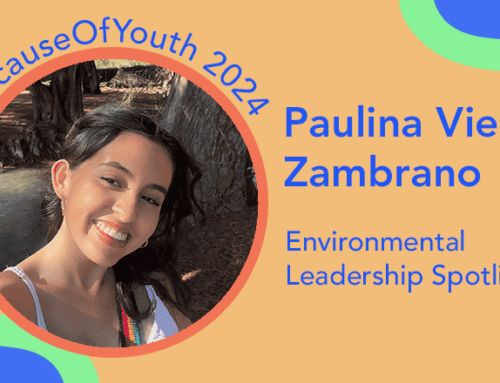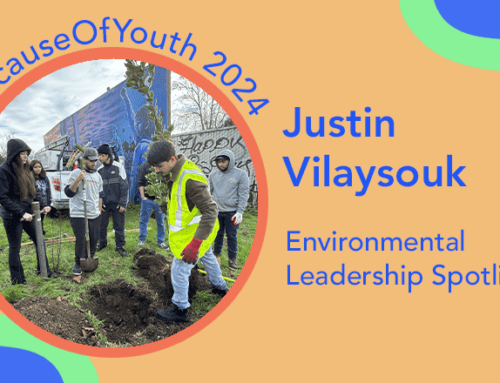This series explores the ways environmental justice is essential to MCE’s mission to address climate change by reducing energy-related greenhouse gas emissions through renewable energy and energy efficiency.
Environmental Equity Requires Partnerships to Break Barriers
Our agency would not exist without partnerships.
MCE was created out of a partnership between California cities, towns, and counties, which have harnessed their collective buying power and directed it toward cleaner energy options that better met their communities’ priorities. MCE’s continued success is also dependent on a wide range of community-based organizations across our service territory. Working together, we’re able to listen and learn from each other and take stronger action to support the communities most in need of environmental equity.
One Organization’s Approach to Environmental Justice
Asian Pacific Environmental Network (APEN), a member of MCE’s Community Power Coalition, is an environmental justice organization with deep roots in California’s Asian immigrant and refugee communities. Their work focuses on building coalitions to foster change and put the power in the hands of the people. We spoke with Megan Zapanta, APEN’s Richmond Organizing Director, to get her thoughts on the organization’s approach to environmental justice.
What does environmental justice mean to your organization?
Environmental justice means leading a transition away from an extractive economy based on profit and pollution and toward local, healthy, and life-sustaining economies that benefit everyone. It means those most impacted by the current extractive polluting economy must lead the way in building community-owned renewable energy resources to power our neighborhoods, protecting affordable housing so that our historic cultural communities can stay together, creating a local economy of cooperatives owned and governed by community members, and taking back control of our democracy.
Where do you see gaps in the movement and how can they be addressed?
Historically, environmental justice organizations know how to fight against polluting corporations. Our new challenge is building the healthy, community-governed alternatives that our neighborhoods deserve. We also need to collaborate outside the environmental justice sector with organizations working on other issues—like mass incarceration, health, education, and housing—to address the issues that hit poor and working-class neighborhoods the hardest.
What work is your organization doing to break barriers?
We are stronger together. APEN collaborates with other organizations through the Richmond Our Power Coalition to bring the community together and address the issues that most impact Richmond residents—from COVID-19 to local efforts to defund police. We are also focusing on building local justice transition models, like a youth-led, solar-powered Climate Resilience Center, and working on a local Asian-American housing survey to keep our families in their homes. Especially in this moment, we are investing in educating and supporting our community leaders—poor and working-class Asian immigrants and refugees—because we know they are the ones with the wisdom and lived experiences to create the life-sustaining economy we need.
Helping Break Barriers
MCE is grateful to be able to partner with over 30 organizations in our member communities through our Community Power Coalition. Our partners help us ensure that we’re meeting the needs of our communities, and help us identify the best ways to serve our customers. They provide us with critical feedback on where we might find hidden opportunities and how to ensure that our programs reach the customers that need them the most. In short, they help us break barriers.
In an Earth 911 article published on July 31, 2020, author Gemma Alexander discussed the intersection of COVID-19 and environmental justice, calling out how the environmental movement has been two long-separated movements of fighting for the planet or fighting for the people. She wrote,
“The current crises provide environmentalists with another chance to connect the dots between climate change and environmental justice. It is not a question of polar bears versus people. We must begin to build new, just, and sustainable communities that distribute the burden of environmental responsibility fairly. All communities must be equally empowered to fight back against polluters before industries will be forced to become greener. In order to stop climate change, we have to tackle the racist structures that value some lives more than others. You can’t cut carbon emissions when you can’t breathe.”
MCE is committed to overcoming barriers and partnering in this fight. We will continue to learn and listen from the communities most impacted by environmental justice issues. We will look critically at the systems we participate in and how we can include colleagues and partners to create a stronger agency that benefits us all.
